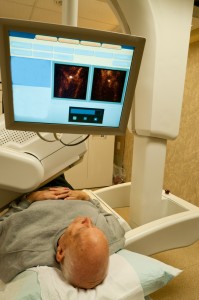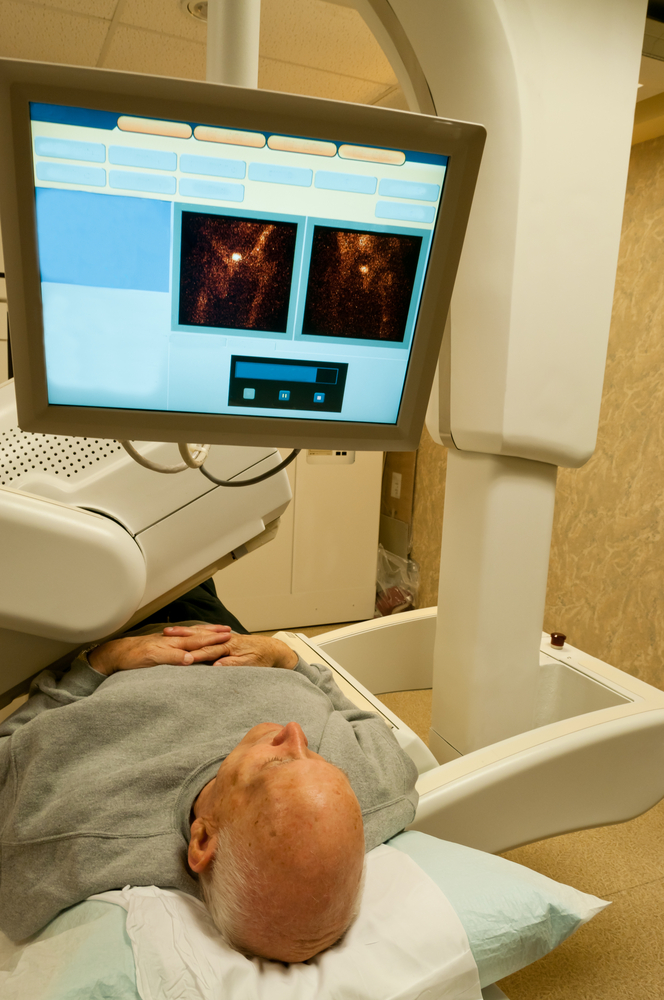 The results from a Phase 2 clinical trial, presented at the European Society for Medical Oncology (ESMO) Congress 2014, have shown that high-dose radiotherapy adds no survival benefit after chemotherapy and radical surgery in patients with malignant pleural mesothelioma.
The results from a Phase 2 clinical trial, presented at the European Society for Medical Oncology (ESMO) Congress 2014, have shown that high-dose radiotherapy adds no survival benefit after chemotherapy and radical surgery in patients with malignant pleural mesothelioma.
“We wanted to see if the adjuvant therapy could prevent relapse or at least delay it,we aimed for a 6-month delay in local recurrence, which would be meaningful because it’s an aggressive treatment for patients.To our disappointment, there was no significant improvement”, current ESMO president and lead author Rolf A. Stahel, MD, from the clinic and policlinic for oncology at the University Hospital Zurich said in a Medscape interview.
Mesothelioma is a rare form of cancer that originates from cells of the mesothelium, the protective lining covering many internal organs, and it has been a challenging malignancy to treat.
In the beginning of the 1990’s, the common practice was a regimen of chemotherapy followed by radical surgery that was very complex and carried several risks.
“Radical surgery for cancer generally means you have a safety margin, and you can’t do this when you have a tumor on the chest wall. That is the reason there is often a relapse in that area, because you can’t remove the chest wall,” Dr. Stahel added.
[adrotate group=”1″]
The research team designed a Phase 2 multicenter trial that enrolled 153 patients treated with 3 cycles of cisplatin and pemetrexed (two chemotherapy drugs), followed by restaging and extrapleural pneumonectomy, a complex surgery involving the removal of the lining as well as the lung and diaphragm, on one side.
From the total 125 patients who received surgery, 99 had a complete macroscopic resection.
In a different arm of the study, 54 patients received either radiotherapy or no further treatment, with the primary end point set to duration of relapse-free survival.
The results demonstrated that even though patients who received chemotherapy and surgery had a shorter local relapse-free survival than those who received radiation therapy (7.6 vs 9.4 months), the differences were not significant.
However, because these results originate from a Phase 2 study, the role of adjuvant radiation in this setting cannot be ruled out already, since patients with a different pathology, stage and performance can drastically influence the results.
“Times are changing, and this is also true for the way radiation therapy is administered to the patient. New approaches (intensity-modulated radiation) can improve local control and reduce toxicity,” concluded Paul Baas, MD, from the Department of Thoracic Oncology at the Netherlands Cancer Institute in Amsterdam, in the same interview.


